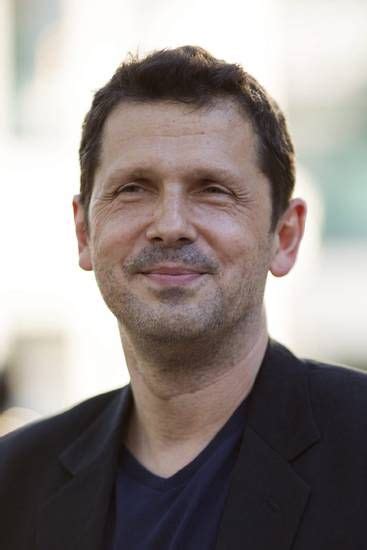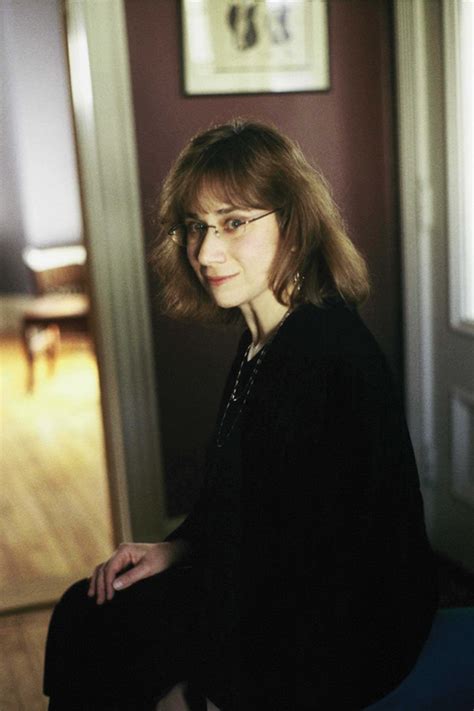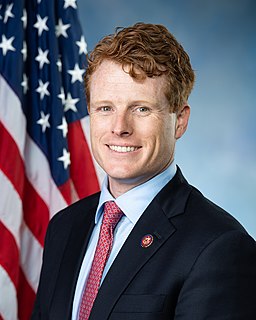A Quote by Pete Docter
We actually needed the memory - if you see the film - as a very different kind of a plot device of revealing some information to our main character. So we chose to represent it as these sort of beautiful little snow globes, which kind of, weirdly, that's the way we think of memories - at least, most of the folks that we talked to. You think of these memories as being very pure and absolute and unchanging. That's not actually real life.
Quote Topics
Absolute
Actually
Beautiful
Being
Character
Chose
Device
Different
Different Kind
Film
Folks
Globes
Information
Kind
Least
Life
Little
Main
Main Character
Memories
Memory
Most
Needed
Our
Plot
Pure
Real
Real Life
Represent
Revealing
See
Snow
Some
Sort
Talked
Think
Think Of Me
Unchanging
Very
Way
Which
Related Quotes
I think real enlightenment is total sanity, a kind of acceptance of what actually is. It does involve a kind of different way of looking at things. As I've done this Zen practice for years and years, I've acquired what I realize is an almost upside down view of life compared to what most people think, which is just what I used to think it was too. It's not really an insane view, at least I hope it's not.
And it's kind of my own fault too, in the sense that I've used my own life as a literary device so much. I think people feel very comfortable reviewing the idea of me, as opposed to what I've actually written. I find that most of the time, when people write about one of my books, they're really just writing about what they think I may or may not represent, as sort of this abstract entity. Is that unfair? Not really. If I put myself in this position where I'm going to kind of weave elements of memoir into almost everything, well, I suppose that's going to happen.
Yeah, we were looking for a way to represent adulthood and the passing into adulthood. And I think, for me personally and a lot of the folks that I work with, childhood is kind of a sacred, special kind of point in time that has a real joy and purity to it. And we sort of long on a daily basis to reach back and kind of grab onto that in some way.
I think there's a real problem if you're making a film - some people have done whether it be about Jackson Pollock or about Picasso - it's difficult for actors, because they have to impersonate a person whose image is very strong in our memories or in our consciousness. It's something that's very tricky, I think.
There are more similarities than differences when it comes to preparation of a performance. You're using some lyrics, you have a relationship with them, they apply to different parts of your life and different circumstances, different memories, different stories you have in your head. You form personal relationships with the song. I think that's very similar, in a way, to prepping a character. You pour your own personality, in a sense, into the character, you sympathize with a character in a way that's similar to the way you might sympathize with a song.
I actually hope people don't react to 'Impossible' in a way where they think it's terribly retro. The plot needed to do what it needed to do. But I'm a little surprised to find myself looking a little bit like an advocate of teen marriage. It takes some exceptional circumstances for that to be a reasonable idea.
You also convert real memories, whatever that means, into film versions of those memories. Because by the time you've finished the project you can't remember the real memories anymore, you just remember the film versions of them. And then if the film failed you have distaste for them. So I don't think about that stuff anymore.




































